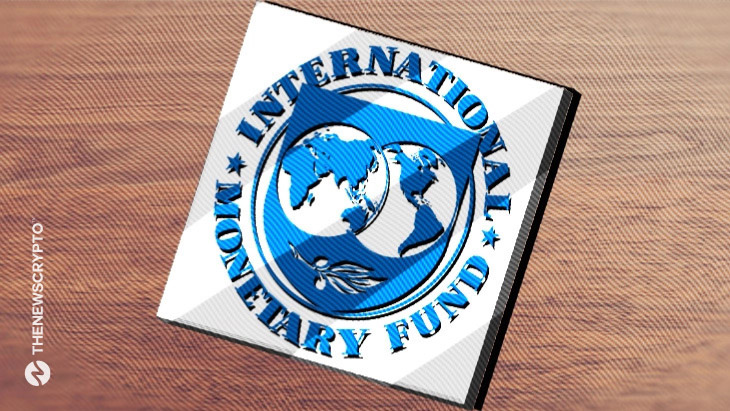- G-7 unites to embrace upcoming crypto asset regulations set by the FSB.
- G-7 reaffirms support for IMF’s guidelines on central bank digital currencies.
- Finance ministers and central bank governors discuss crypto asset supervision at the G-7 meeting in Niigata, Japan.
In a resounding display of unity, the Group of Seven (G-7) intergovernmental political forum has voiced its unwavering dedication to embracing the upcoming regulations for overseeing crypto assets set forth by the Financial Stability Board (FSB).
Additionally, the G-7 has reaffirmed its support for the International Monetary Fund’s (IMF) guidelines on central bank digital currencies, cementing its determination to stay at the forefront of the evolving financial landscape.
During a meeting in Niigata, Japan, finance ministers, and central bank governors from the G-7 countries discussed the supervision of crypto assets. Moreover, the meeting took place on Saturday, preceding the upcoming G-7 summit. Prime Minister Fumio Kishida of Japan, who is hosting the summit this year, has revealed that G-7 leaders intend to express their collective endorsement of more stringent cryptocurrency regulations.
As the current president of the G-20, India has been actively advocating for internationally synchronized regulations concerning cryptocurrencies. In February, the G-20 announced that upcoming global norms for cryptocurrencies would be formulated based on a collaborative synthesis paper prepared by IMF and the FSB.
Holding the presidency of the G-20, India has been actively advocating for implementing globally coordinated regulations about cryptocurrencies. In a significant development, the G-20 announced in February that future global standards for cryptocurrencies would be founded upon a newly crafted synthesis paper created through a collaborative effort between the IMF and the FSB.
G7 Commits to Harmonized Crypto Regulations
Notably, the G-7 has signaled its intent to adopt the guidelines established by the FSB. Thereby aligning its approach with the broader framework based on the G-20. Additionally, this coordinated effort aims to ensure consistent and harmonized rules governing the crypto sphere across nations.
In their statement, the participants anticipated that the FSB would conclude its high-level recommendations by July 2023. However, they pledged their dedication to implementing robust regulatory and supervisory frameworks concerning crypto-asset activities, markets, and stablecoin arrangements.
Hence, these frameworks would align with the FSB’s recommendations and the guidance provided by standard-setting bodies (SSBs) provided. By adhering to these guidelines, they aim to establish a coherent and effective system of regulations for the crypto sector.
Furthermore, the participants emphasized the importance of consistency with international standards to ensure the stability and integrity of crypto markets.
Recommended For You:








